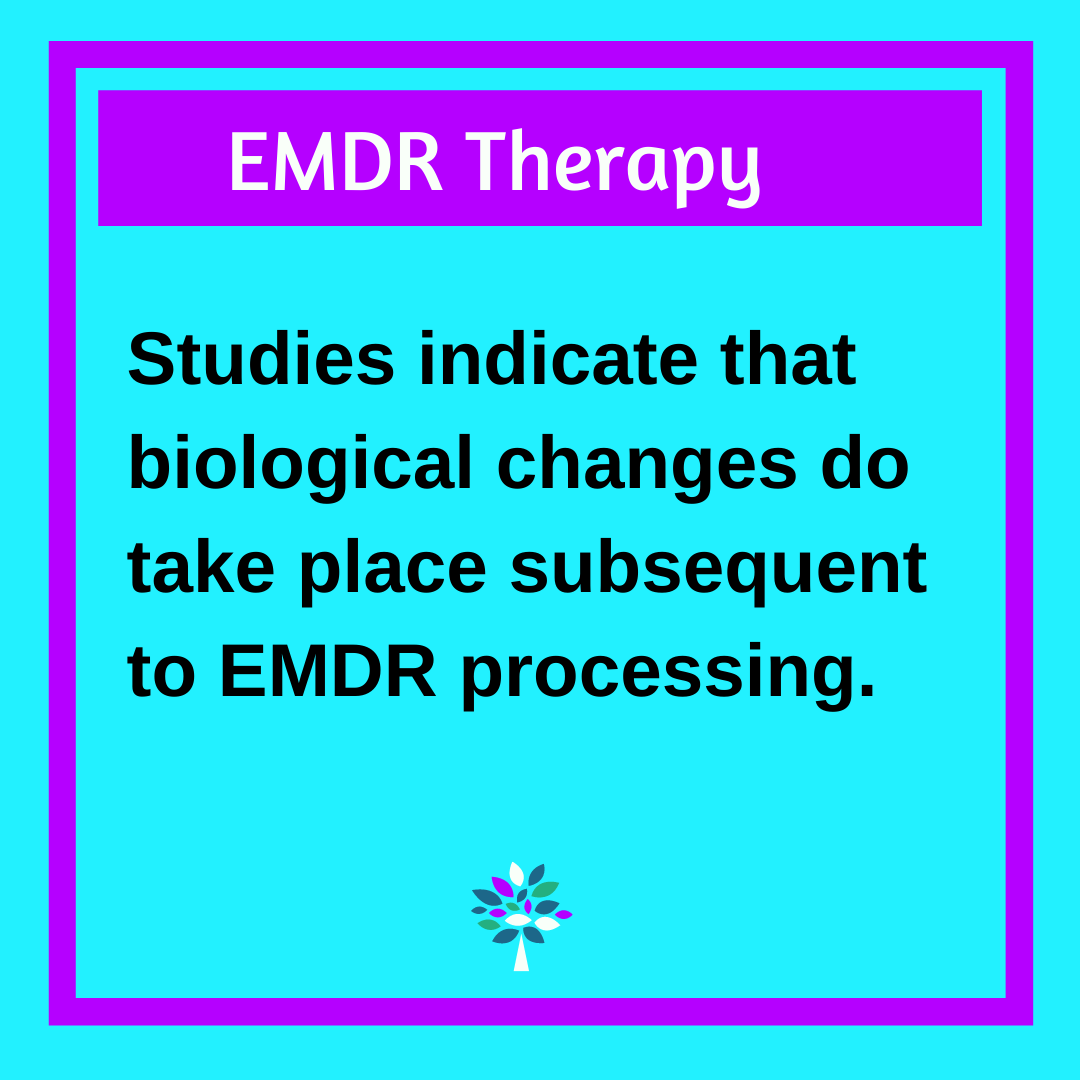EMDR Changes the Brain

There have been a number of studies at this point that have shown that EMDR therapy and the reprocessing of traumatic memories changes the brain.
One general finding that is consistent is that EMDR therapy reduces the chronic hyperarousal that is associated with many of the symptoms of PTSD such as anxiety, flashbacks, and intrusive memories. More specifically, the limbic system, which is in charge of memory, emotion and arousal has a reduced activation, bringing it more in line with the activation level of a non-traumatized person. There have also been findings of increased neuronal connectivity after EMDR therapy.
All of this is really to point out that medications are not the only way to change your brain. And the changes that come from EMDR therapy remain long after the therapy is concluded, unlike the effects of medications.
EMDR therapy does not come with troublesome or persistent side effects either. This is not to say that there cannot be adverse outcomes with EMDR therapy. These negative effects likely result from one of three reasons.
These outcomes are more likely when the therapist is not a certified EMDR therapist, or when they fail to follow the full EMDR therapy protocol and do not have a rationale for what they are doing, or when they have not appropriately screened for dissociation.
This is why finding a certified EMDR therapist can be crucial in healing.










